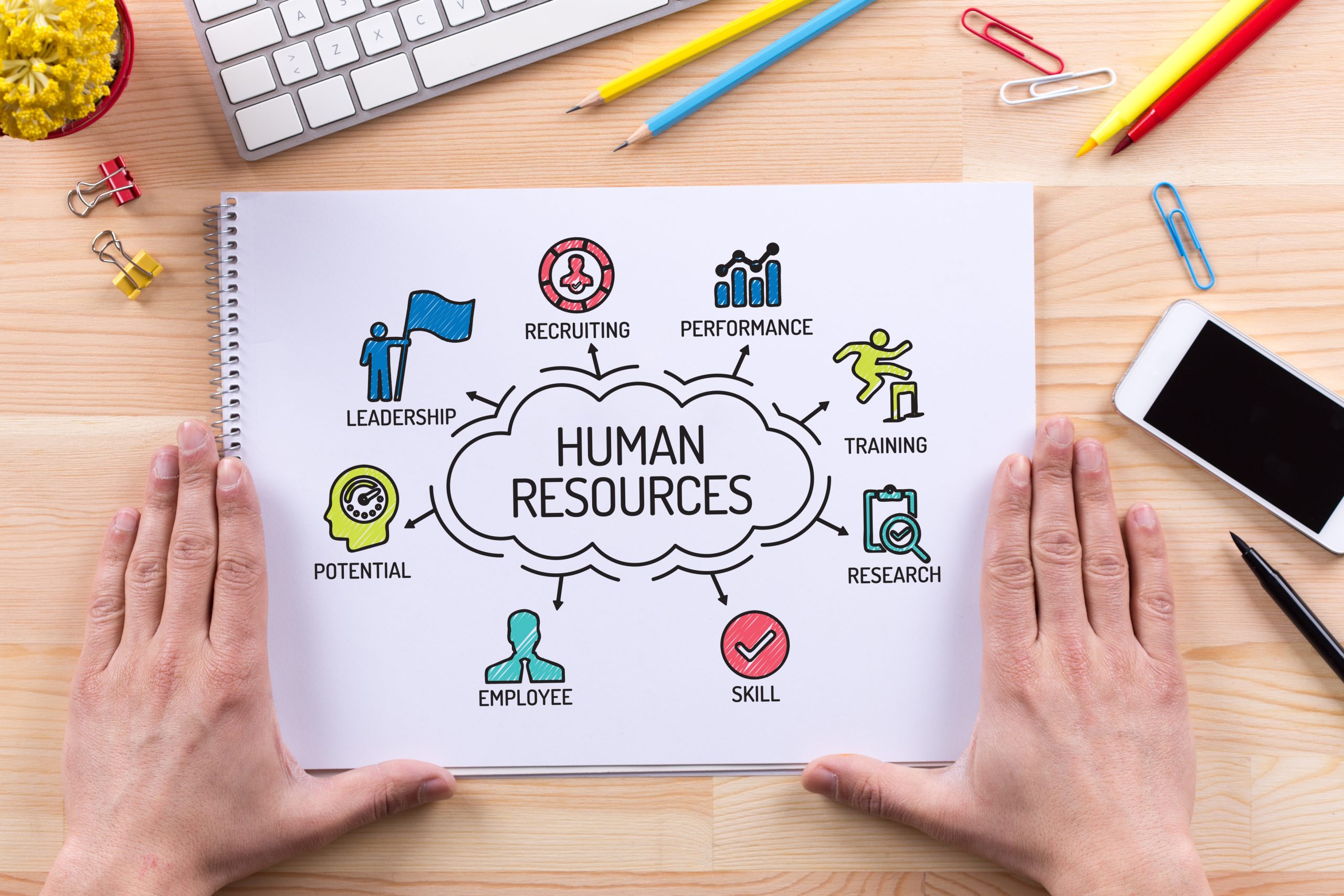ClientSync Solutions: Transforming Human Resources for Organizational Excellence
Human Resources (HR) is the heart
of every organization, playing a pivotal role in managing and developing its
most valuable asset—people. From recruitment to retirement, HR oversees every
aspect of the employee lifecycle. This department ensures that the right talent
is hired, nurtured, and retained to drive the company forward. Beyond hiring,
HR handles compliance with labor laws, workplace safety, and employee benefits.
By creating a productive and harmonious work environment, HR lays the
groundwork for organizational success.
Recruitment and Talent
Acquisition: Building the Dream Team
Recruitment is one of the most
visible and impactful functions of HR. Attracting top talent requires strategic
planning, from crafting compelling job descriptions to conducting interviews
and assessments. Modern HR teams use data-driven tools and platforms like
LinkedIn, applicant tracking systems, and AI-based analytics to find the best
candidates. But it’s not just about hiring; onboarding plays a crucial role in
setting the tone for a new employee’s journey. By ensuring that new hires feel
welcomed and equipped, HR helps them integrate smoothly into the organization,
boosting morale and productivity.

Employee Development and
Training: Investing in Growth
Continuous learning and
development are cornerstones of effective HR management. Through training
programs, workshops, and certifications, HR helps employees enhance their
skills, adapt to new technologies, and grow within the company. Personalized
ClientSync Solutions
and
mentorship opportunities ensure that employees feel valued and motivated. These
initiatives not only improve individual performance but also strengthen the
overall workforce. A strong emphasis on development fosters loyalty and reduces
turnover, positioning the organization as an employer of choice.
Employee Relations: Fostering a
Positive Work Culture
Building and maintaining positive
employee relations is another critical HR responsibility. By acting as a bridge
between management and staff, HR ensures open communication and addresses
workplace concerns proactively. Initiatives like team-building activities,
employee recognition programs, and conflict resolution strategies contribute to
a cohesive work culture. HR also plays a key role in promoting diversity,
equity, and inclusion (DEI), creating an environment where everyone feels
respected and empowered. A supportive work culture leads to higher engagement,
productivity, and job satisfaction.
HR Technology and Innovation:
Shaping the Future
The digital revolution has
transformed how HR operates, making it more efficient and data-driven. HR
technology, such as human resource management systems (HRMS) and payroll
software, automates administrative tasks, freeing up time for strategic
initiatives. Data analytics allows HR to measure employee performance, predict
turnover, and improve hiring strategies. Moreover, tools like virtual reality
(VR) and gamified training programs make learning more interactive and
engaging. By embracing innovation, HR can better align its practices with
organizational goals and adapt to the ever-changing business landscape.